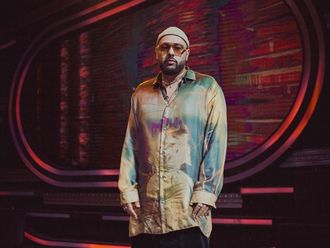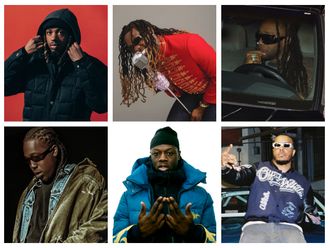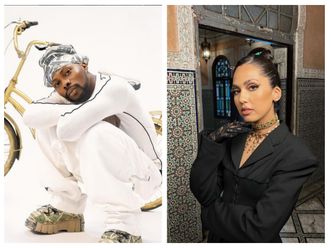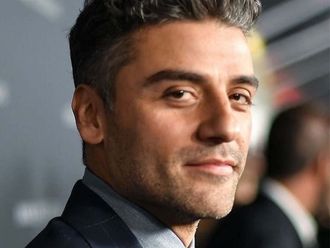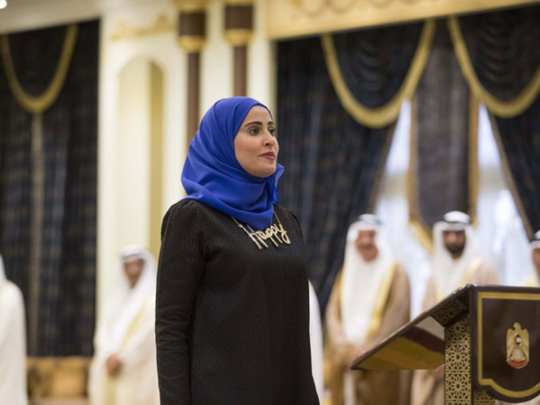
As one of the first nations in the world to appoint a Minister for Happiness, the UAE has clearly signalled just how important the wellbeing of its residents and citizens is.
“We introduced the post of Minister of State for Happiness whose mission is to channel policies and plans to achieve a happier society,” His Highness Shaikh Mohammad bin Rashid Al Maktoum, Vice-President and Prime Minister of the UAE and Ruler of Dubai, tweeted on February 8, when announcing a cabinet reshuffle via social media. That minister is Ohoud Khalfan Al Roumi.
On the International Day of Happiness today, March 20, here are five questions UAE residents want answered - with Al Roumi's comments.
How happy is the UAE, really?
As of now the UAE is the 28th happiest country in the world, according to the World Happiness Report. Part of Al Roumi’s mandate is to help the nation transition to the top spot. “For us in the UAE, happiness is very important,” she told CNN in an interview.
What is happiness?
Good question, and you might say it means different things to different people. In a letter written for Project Syndicate, Al Roumi brought the definition back to basics: “Happiness is knowing that you and your family are safe; that there is opportunity open to you and your children; and that you can depend on a high degree of care, dignity, and fairness in your society.”
Can we really have happiness in the Middle East?
The region is often associated with doom and gloom, given the political troubles in several neighbouring countries, as Al Roumi herself points out. “The Middle East is usually not associated with happiness; at times, the bad news from our region seems to drown out the good,” she says. But she urges an optimistic outlook: “Yet we are all bound by the desire to see ourselves and our loved ones thrive and be the best we can be. That spirit is within us all, and by celebrating it and strengthening it, we can aspire to offer peace, security, tolerance, positivity, and respect.”
The UAE tops the region in the World Happiness Report’s rankings.
Does it matter to the government?
Indeed it does, and no this isn’t just lip service. “Happiness is a serious job for governments. I think the main job for the government is to create happiness. In 2011, the UN encouraged the member countries to look at happiness for a holistic approach for development,” Al Roumi told CNN. “The role of the government is to create an environment where people can flourish – can reach their potential – and choose to be happy.”
Al Roumi’s national programme for happiness and positivity was presented earlier this month. The three-point initiative looks at the inclusion of happiness in the policies, programmes and services of all government bodies, as well as the work environment there. It seeks to consolidate the values of positivity and happiness as a lifestyle in the UAE community and, finally, develop tools and indexes to gauge happiness.
“What we’re trying to achieve here is to create a real change, to create an authentic happiness for all the society,” she told CNN.
So is she a happy person, then?
“I am a very happy and positive person and I choose to be happy every day because this is what pushes me alive. This is what motivates me, this is what gives a sense of purpose to my life, so I always choose to see the glass half full.”


